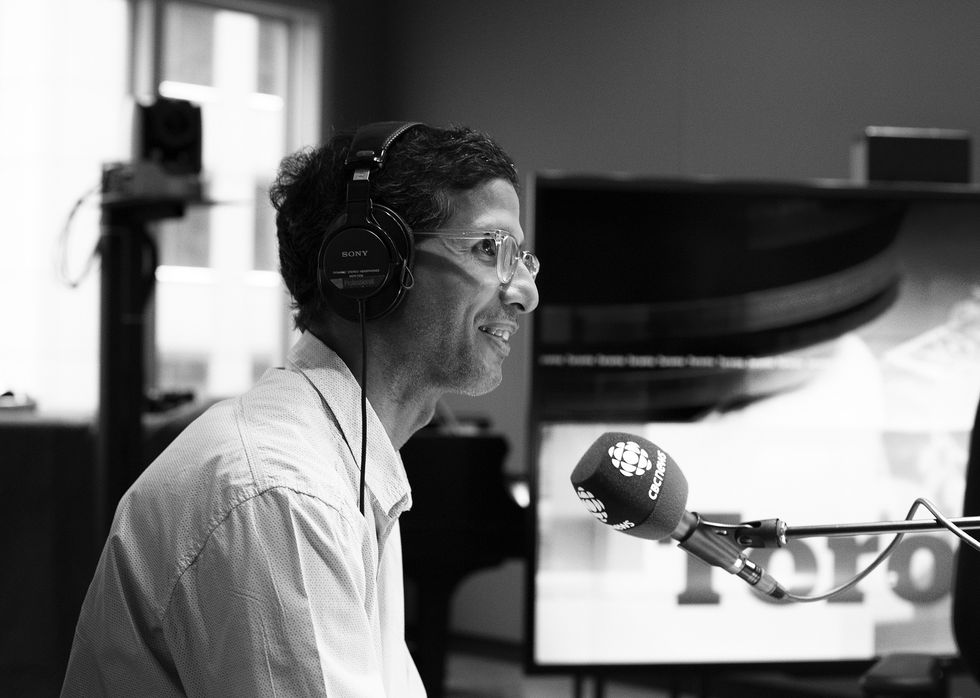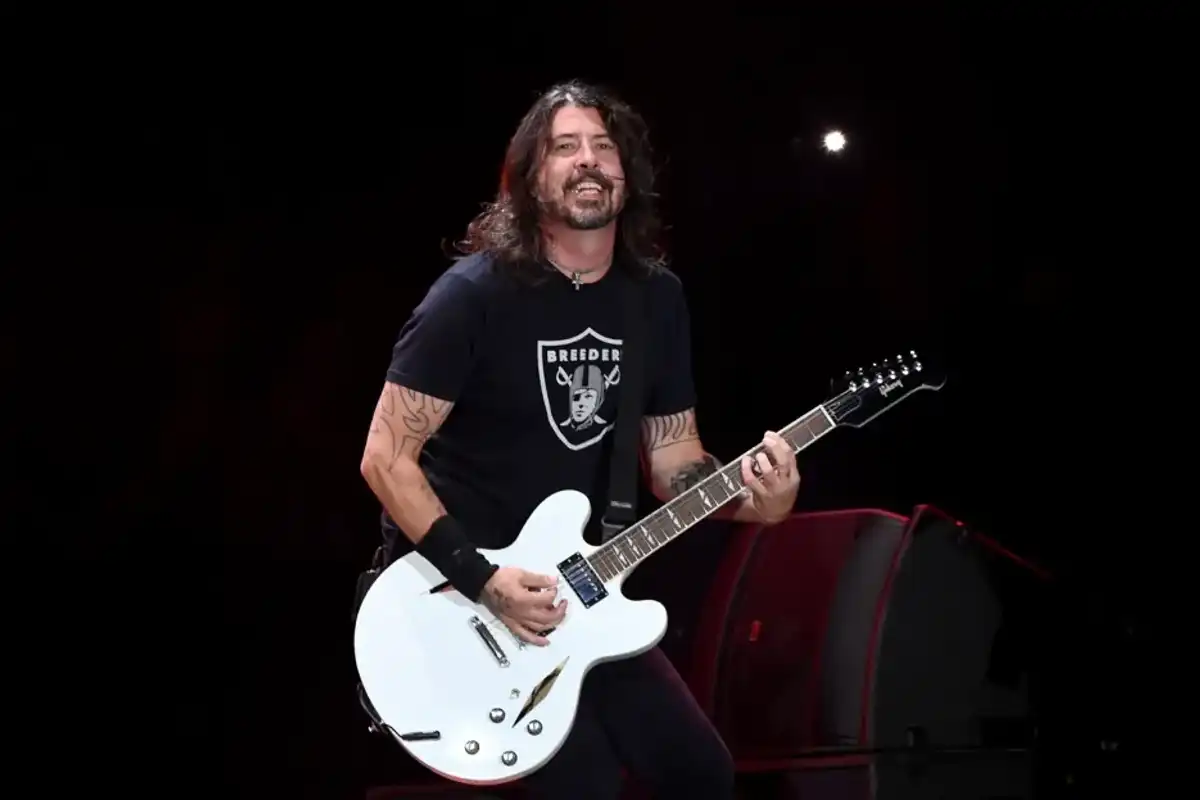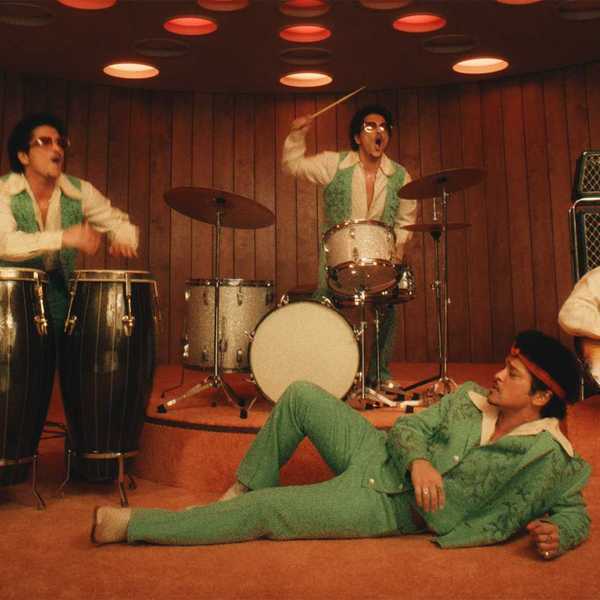Five Questions With… Errol Nazareth
The highly-respected Toronto music journalist and broadcaster will host a new CBC Music show, Frequencies. Here he discusses the show, his quest to improve, the need to narrow the diversity gap in Canadian music, and a favourite new album.

By Jason Schneider
It’s been expected that there would be some moves at CBC Music ever since Polaris Prize founder Steve Jordan was named its Senior Director one year ago, and some big news finally came last week with the announcement of two new shows.
The Block, hosted by Angeline Tetteh-Wayoe, premieres Monday, Feb. 1 and will air nightly from 7-9 p.m., playing music by Black artists with an emphasis on hip-hop and R&B. The following night, Frequencies will premiere and maintain a weekly 6 p.m. Tuesday time slot, wherein host Errol Nazareth will play music drawn from cultures across Canada, which often goes overlooked.
The format of Frequencies expands upon what Nazareth has been offering with his show Big City, Small World, a mainstay on CBC Radio 1 Toronto’s Saturday afternoon schedule. It’s also a reflection of his over two decades of work promoting diversity within the Toronto music scene as a journalist and educator. With Frequencies, Nazareth will now be applying that approach to other cities across the country.
As Steve Jordan said in a press release, “Adding The Block and Frequencies to our schedule is a part of our evolving strategy to connect and reflect a wider range of musical interests and communities across Canada. Angeline and Errol each bring an abiding passion and deep knowledge for the music that they will be sharing with the nation.”
We were fortunate to have Nazareth take time out of his busy schedule to tell us more.
Tell us about your new show Frequencies. What can people expect to hear?
They can expect to hear lots of incredible music—both traditional and contemporary—being made in our country's diverse communities, music that doesn't get love on the country's mainstream radio stations. They will also hear music from around and the world, and more importantly, interesting stories behind the music.
You've been a familiar voice on Toronto radio for years. How are you preparing to transition to being a national voice?
Good question. On the technical and production end, my producer/tech director Reuben Maan is definitely helping me to improve my delivery and my writing. But that never ends if you're a writer or broadcaster, regardless of whether you're hosting a local or national show or writing for a small or national publication. Getting interview requests like this and being written up in major daily newspapers—that's going to take getting used to!
Frequencies is being launched at the same time as The Block. Are you hopeful that both of these shows will help narrow the diversity gap in Canadian music?
That's my hope. It's pathetic that in 2021, we're still talking about that in a country that loves to boast about its multicultural makeup. The battle to include voices and music from Indigenous and non-white communities doesn't seem to have stopped since I began writing professionally about 20 years back. I'm still seeing all-white panels at music conferences being held in this country.
On a more personal level, do you feel Frequencies is in some ways a vindication for all the work you've done in the Toronto music scene?
It's definitely being viewed that way by many who've followed my career since I began writing for the Scarborough Mirror in the late 1980s, then with The Sun in the early ‘90s, and on CBC Radio from then on. I was recently interviewed on CBC [Toronto’s] Metro Morning, where I began my broadcasting career talking about music from every corner of the world, and I said that the network should have created a space for a show like Frequencies a long time back. I think the new regime recognizes that and is making moves to make the programming more reflective of the country.
On the other hand, I've always been the type to get excited when I discovered a great album with a great story, and to then share that with either my readers or listeners. So, if an opportunity to do that—be it on the local or national stage—came along, I took it without thinking that I was finally being recognized for championing music from non-white communities.
Who are some artists you're particularly looking forward to introducing to the entire country?
Well, just to give one example, I’ll say an album by The Dancing Devils of Djibouti. It’s a fantastic fusion of sounds and there’s a really interesting story behind how the album came about.
















